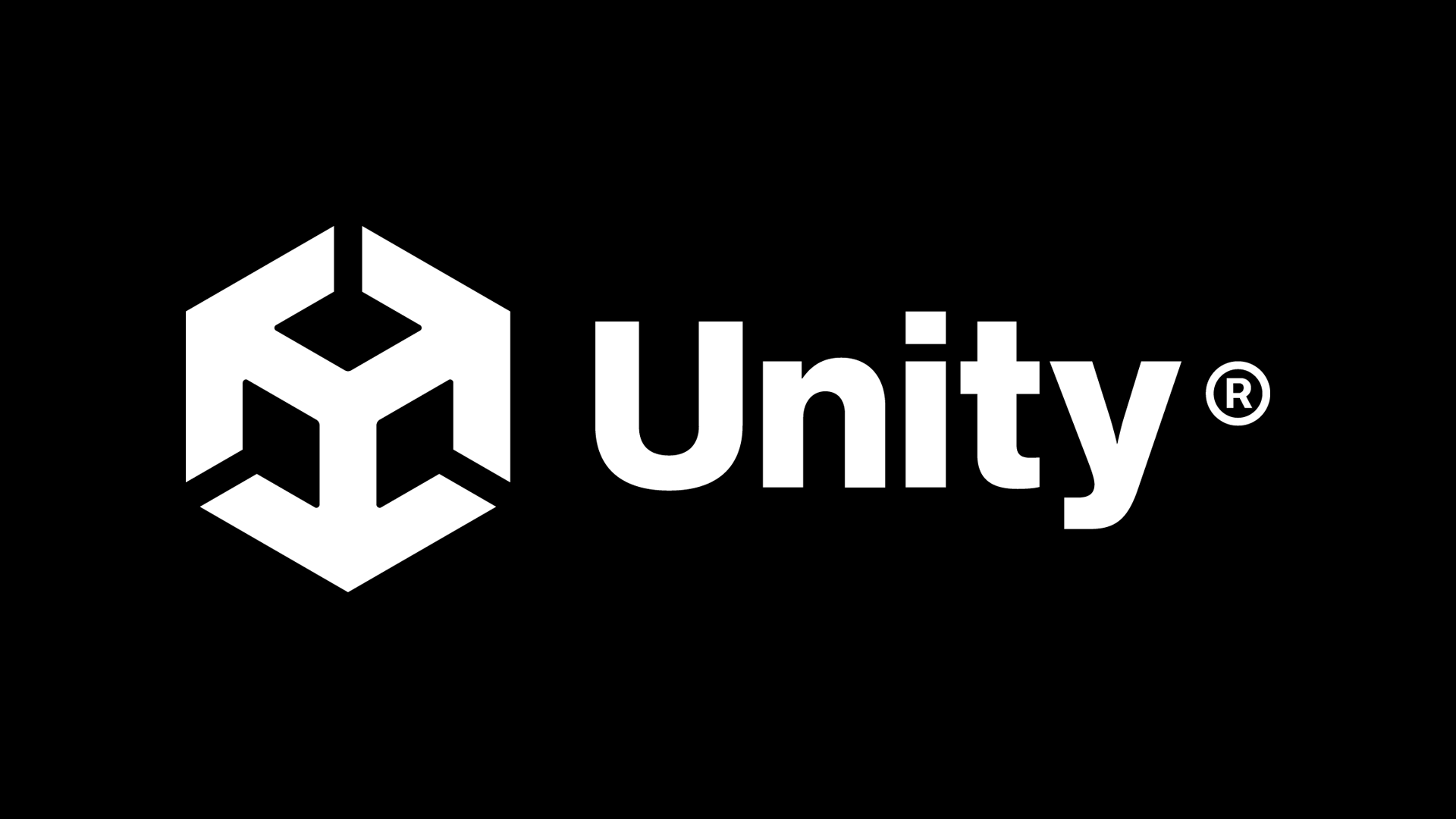Game Developers Displeased with Unity’s New Runtime Fee Policy
Key Points:
- Unity, the popular game engine, is implementing a new policy called the Unity Runtime Fee.
- Developers will be charged a small fee for every game download that exceeds a certain threshold.
- This fee has sparked discontent among game developers, who argue it will affect their revenue and creativity.
- Devs are asking players to refrain from installing games and demos when the new fee takes effect.
- Unity defends the new policy, stating it will help them provide better services and support to developers.
- Others believe that Unity is using its dominant position to exploit developers and maximize profits.
- Some indie developers feel the fee unfairly targets smaller studios and limits their growth and innovation.
- Certain game developers are considering alternative game engines to avoid additional costs.
Developers Concerns and Reactions:
Game developers are expressing their disgruntlement with the newly announced Unity Runtime Fee, a pricing model that will charge developers a fee for every game download that exceeds a certain threshold. This policy change has raised several concerns among developers, whose livelihoods and creativity may be negatively impacted.
One of the primary concerns expressed by developers is the potential financial burden that the Unity Runtime Fee may impose. Many developers operate on tight budgets, particularly independent studios, and the additional fees could significantly affect their revenue streams. This, in turn, can have a detrimental impact on the creative freedom and resources available to developers, potentially stifling innovation and limiting the quality of games produced.
In response to the Unity Runtime Fee, some developers are urging players to refrain from installing games and demos once the new fee takes effect. They argue that by limiting the number of downloads, developers can circumvent the additional costs and potentially send a message to Unity about their dissatisfaction with the policy change. However, the success of such a campaign remains uncertain, as it relies heavily on player cooperation.
Unity’s Defense:
Unity, on the other hand, justifies the implementation of the Unity Runtime Fee as necessary to provide better services and support to developers. The company argues that the revenue generated from the fee will be utilized to enhance their software and infrastructure, leading to improvements in performance and overall developer experience.
Unity’s position is met with skepticism by some critics who believe that the company is using its market dominance to exploit developers and maximize profits. This perspective suggests that Unity’s decision to impose additional fees may be driven more by financial objectives than by a genuine desire to support game developers.
Alternative Solutions and the Future:
In the face of these concerns, some developers are exploring alternative game engines to avoid the additional costs imposed by Unity’s new policy. This shift to other engines may result in a migration of developers away from Unity, potentially impacting Unity’s market share in the long run.
Additionally, the Unity Runtime Fee also raises questions about the role of game engine providers in the industry. As game engines play a crucial role in the creation and development of games, it may be necessary for a more comprehensive discussion and collaboration between developers and engine providers to ensure fair and sustainable pricing models that benefit all parties involved.
Conclusion – Unity Runtime Fee: A Contentious Policy Change
Unity’s new policy, the Unity Runtime Fee, has sparked discontent among game developers who worry about its potential impact on their revenue and creative freedom. Developers argue that the additional charges can limit their resources, stifle innovation, and disproportionately affect smaller studios. Unity justifies the fee by claiming it will result in better services and support for developers, but critics question their motives and accuse Unity of exploiting its dominant position.
Ultimately, this policy change may lead to a shift away from Unity as developers explore alternative game engines to avoid additional costs. As the industry evolves, there is a pressing need for a more collaborative approach between developers and engine providers to establish fair and sustainable pricing models that promote innovation and benefit all stakeholders.




